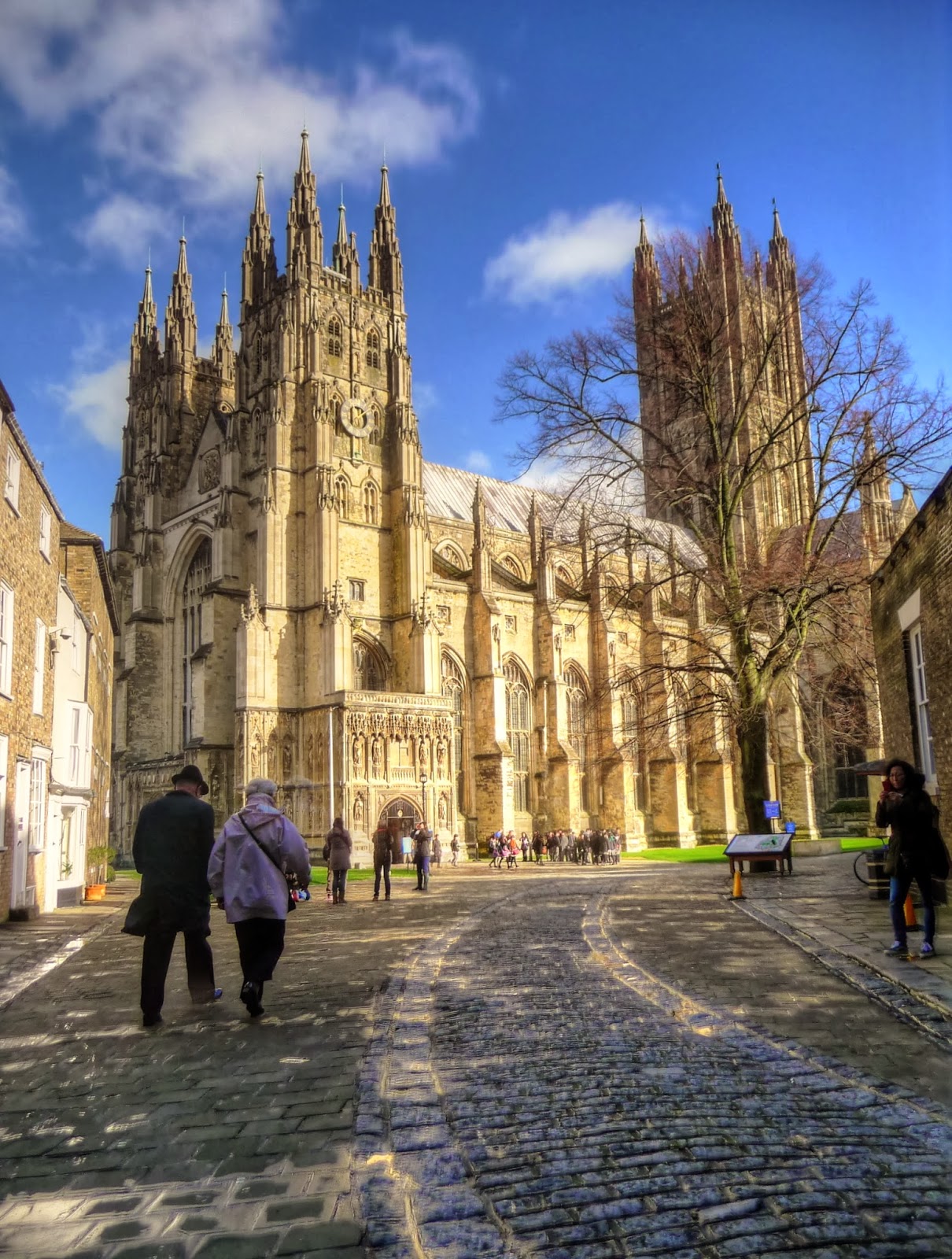Be brave, Anglicans; oppose Jamaica’s anti-gay law
Colin Stewart is a 45-year journalism veteran living in Southern…
It’s high time for Anglican bishops, priests and lay people in Jamaica to pluck up enough courage and compassion to support the decriminalisation of gay Jamaicans, says the Rev. Colin Coward, founder of the Anglican LGBTI advocacy group Changing Attitude.
After attending Montego Bay Pride in Jamaica last month, Coward reflected on the shared history of English and Jamaican homophobia and on the English church’s progress in recovering from it. This is his essay:

By the Rev. Colin Coward
On 16 October 2016 I was privileged to join over 200 lesbian, gay, bisexual and transgender people gathered at a private beach location to celebrate the second Montego Bay Pride. We danced, swam, sang and celebrated from early morning until late evening, enjoying a freedom rarely experienced in Jamaica.
One of the major reasons for the continuing criminalisation and oppression of gay people in Jamaica is the teaching of the Christian churches that gay people are abhorrent to God.

Jamaica has a complex and tortuous history dating from the arrival of Christopher Columbus in 1494, “discovering” a new island according to the Western perspective. In 1660 the British successfully evicted the Spanish from Jamaica, inheriting the black African slave population. Cultivation of sugar cane became a major phenomenon but the success of the industry and the wealth of the planters was founded on the appalling inhumanity of slavery.
Parallel with this history of conquest, colonization and slavery ran the export of Christianity from Europe, initially Roman Catholic Christianity from Spain and subsequently Anglican Christianity from Britain. Other denominations followed. The tenets of the Christian religion were a powerful tool used by the colonists to justify the imposition of British laws. Initially Christians supported slavery. Lesbian and gay Jamaicans today continue to be oppressed by Christian support for the law against buggery.

Commonwealth African and Caribbean countries adopted British buggery laws, notably in Jamaica the 1864 Buggery Law. Reports say these laws were not as strictly regulated in the Caribbean as in the United Kingdom until the Victorian era when evangelical Christians began to dominate the church.
The slave communities in Jamaica and the rest of the British Caribbean were drawn from West Africa. Historical analysis suggests that the religions and spiritual traditions of the West African communities allowed room for male homosexuality. It was Christianity, introduced by western missionaries, that imposed the prejudice against homosexuals, a prejudice which is being slowly overturned around the world. The United Kingdom Parliament repealed buggery laws for England and Wales in 1967 and legalised consenting sex between same-sex couples.
This was the culmination of a movement started in 1954 by Derrick Sherwin Bailey, a senior member of the Church of England. As a result of his initiative the Church of England Moral Welfare Council played a key role in the campaign which culminated in the 1967 Act legalising consensual sex. Senior Anglicans, including bishops and archbishops, played a major part in advocating reform of the law.
When Jamaica gained independence in 1962, the buggery law adopted from the British constitution remained in force and continues in force though it has been rarely applied in recent years.
Legal reform continued in the UK after 1967. In 1994 the age of consent for gay male sex was reduced from 21 to 18 and lowered again to 16 on 2001. Two years later discrimination against lesbians, gays or bisexuals at work was made it illegal. The following year The Civil Partnership Act 2004 was passed, giving same-sex couples the same rights and responsibilities as married heterosexual couples. Same-sex marriage became legal in England, Wales and Scotland in 2014. There UK now has 40 LGBT Members of Parliament.

The Church of England initially opposed Civil Partnerships but changed its mind when confronted with Equal Marriage. But the church is split, with the majority recognising LGBTI people as equal members of society against a minority of conservative evangelicals who oppose equal marriage. The bishops are divided on equal marriage but all are committed to the removal of laws which criminalise lesbian and gay people. In January, the Primates of the global Anglican Communion issued the first-ever condemnation of criminalisation of homosexuality at their Lambeth meeting even though they effectively suspended the US church for its embrace of marriage-equality.
I have lived through a time in history in which my status as a gay man, a Christian and a priest, has been transformed. I need no courage now in the UK to argue openly for the rights of LGBTI people. The same is not true in Jamaica. I was uncomfortably conscious at Montego Bay Pride of the safety and privileges I enjoy at home.
English bishops and archbishops showed great courage in the 1950s when they supported and worked for the decriminalisation of gay men. I hope and pray that Anglican bishops, priests and lay people in Jamaica will show the same courage and compassion and support the decriminalisation of gay Jamaicans.
Related articles:
- Jamaican success: Fun + advocacy at Montego Bay Pride (October 2016, 76crimes.com)
- Montego Bay Pride – here’s why (August 2016, 76crimes.com)
- Archbishop of Canterbury to LGBTI community: Sorry! (January 2016, 76crimes.com)
- Anglicans discipline Episcopalians over same-sex marriage (January 2016, 76crimes.com)
- Deliriously happy after Jamaica’s first Montego Bay Pride (October 2015, 76crimes.com)
- Lawyers, activists target anti-LGBT bias in Caribbean (September 2015, 76crimes.com)
- 21 varieties of traditional African homosexuality (76crimes.com)
- Archive of this blog’s articles about the Anglican Communion.
- Archive of this blog’s articles about Jamaica.



Homophobes in Ghana and Turkiye keep pushing for anti-LGBTQ laws